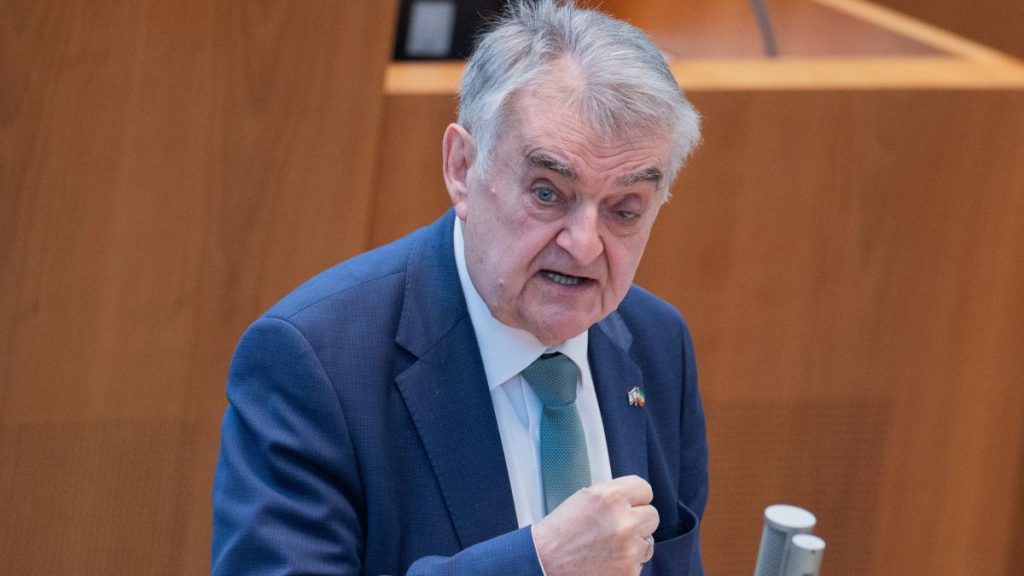NRW Interior Minister Reul called for the ban of “Muslim Interaktiv” in 2023, putting pressure on Nancy Faeser. Reul had already requested a ban on the group last year, following protests for a caliphate in Essen. He wrote a letter to Federal Interior Minister Faeser, urging her to consider banning the Islamist group. Reul highlighted the concerning rise of Islamist activities and the formation of new extremist groups like “Muslim Interaktiv” in Germany. He pointed out the group’s mobilization potential and attacks on police officers, emphasizing the need to address the issue promptly.
Faeser’s Ministry did not comment on the potential ban of “Muslim Interaktiv” following Reul’s request. The rise of fundamentalist and reactionary Islam in Germany was also addressed by CDU member Jens Spahn, who warned against the spread of extremist ideologies in the country. Spahn highlighted the need for a more open debate on the issue and expressed concerns about the increasing influence of repressive Islamic beliefs. He emphasized the importance of combating radical Islam and protecting the millions of liberal Muslims in Germany and Europe from the extremist views promoted by certain groups.
The demonstration in Hamburg, organized by members of “Muslim Interaktiv,” further raised concerns about radical Islam and its impact on German society. Over 1200 people participated in the protest, advocating for a caliphate as a solution to perceived Islamophobia. Spahn criticized the preaching of hatred and intolerance in mosques funded by foreign entities and called for a proactive approach to addressing the growing influence of extremist ideologies. He emphasized the need for collaboration with moderate Muslim groups to develop a plan for an Islam that can coexist with German values and principles.
The call for a ban on “Muslim Interaktiv” comes in response to the escalating activities of extremist groups and their promotion of radical ideologies. Reul’s letter to Faeser underscores the urgent need to address the threat posed by such organizations and prevent the further spread of extremist views in the country. The concerns raised by politicians like Spahn highlight the need for a comprehensive strategy to combat radical Islam and protect the values of tolerance, equality, and democracy in Germany. The ongoing debate on the issue reflects the broader societal challenges posed by extremist ideologies and the importance of proactive measures to counter their influence.


